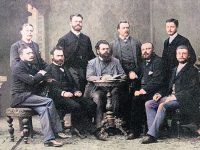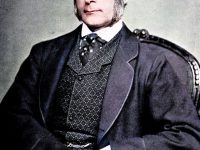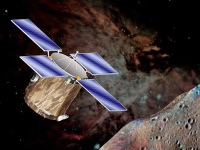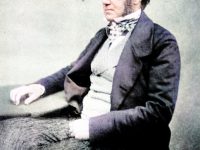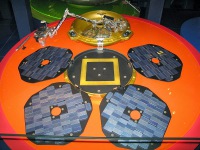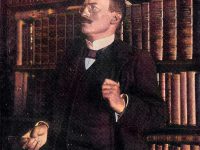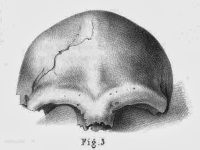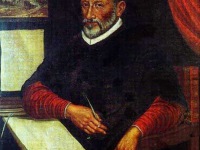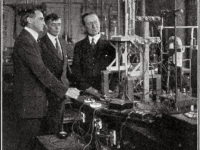Ludwig Boltzmann and Statistical Mechanics
On February 20, 1844, Austrian physicist and philosopher Ludwig Boltzmann was born. His greatest achievement was in the development of statistical mechanics, which explains and predicts how the properties of atoms determine the physical properties of matter. “Who sees the future? Let us have free scope for all directions of research; away with dogmatism, either atomistic or anti-atomistic!” — Ludwig Boltzmann, “Lectures on Gas Theory”, translated by Stephen George Brush (1971), p.…
Read more

